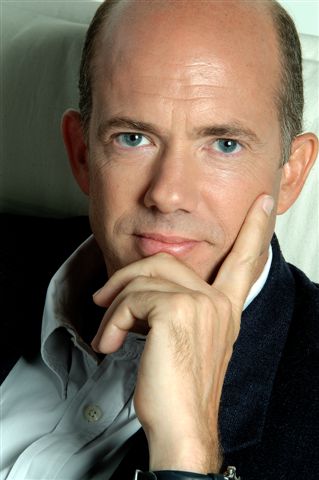Κυριακή, Φεβρουαρίου 19, 2006
Most “economists” aren’t
Most “economists” aren’t: "
I’ve always thought that an economist is someone who understands opportunity cost. If there is one thing a first-year undergraduate economics course should teach, it’s an understanding of this concept. So it’s alarming to discover that most members of a sample drawn from participants in the profession’s most important conference are not, at least by my definition, economists."
Via Harry Clarke, I found this paper by Paul Ferraro and Laura Taylor (guest registration or subscription required). Ferraro and Taylor presented their volunteer subjects with this question:
Please circle the best answer to the following question:
‘You won a free ticket to see an Eric Clapton concert (which has no resale value). Bob Dylan is performing on the same night and is your next-best alternative. Tickets to see Dylan cost $40. On any given day, you would be willing to pay up to $50 to see Dylan. Assume there are no other costs of seeing either performer. Based on this information, what is the opportunity cost of seeing Eric Clapton?
(a) $0(b) $10(c) $40(d) $50.Take some time to think before looking over the fold
The correct answer is (b), the net value to you of buying a ticket and attending the Dylan concert, which is your next best alternative. This isn’t the easiest of opportunity cost questions, and, in a first-year undergraduate exam, it would distinguish those who’d really learned the concept from those who’d memorised the definition.
Still it’s not that difficult, and doesn’t involve any tricky thinking about information as in (say) the Monty Hall problem (it’s adapted from the intro textbook of Frank and Bernanke). Allowing for the fact that some people can get jobs in economics with a good technical training but no real understanding of economics[1], I’d have expected maybe 70 per cent of grad students or PhD qualified economists to get it right.
In the Ferraro and Taylor study, the proportion choosing (b) was 21.6 per cent, the least of any answer and worse than if everyone had picked at random. Since presumably some people did choose at random, this suggests that less than 20 per cent of “economists” are actually economists, at least by my definition.
fn1. I blame game theory myself, but then I always blame game theory. And opportunity cost reasoning is just as essential to game theory as to economics, even if its role is not so explicit.
